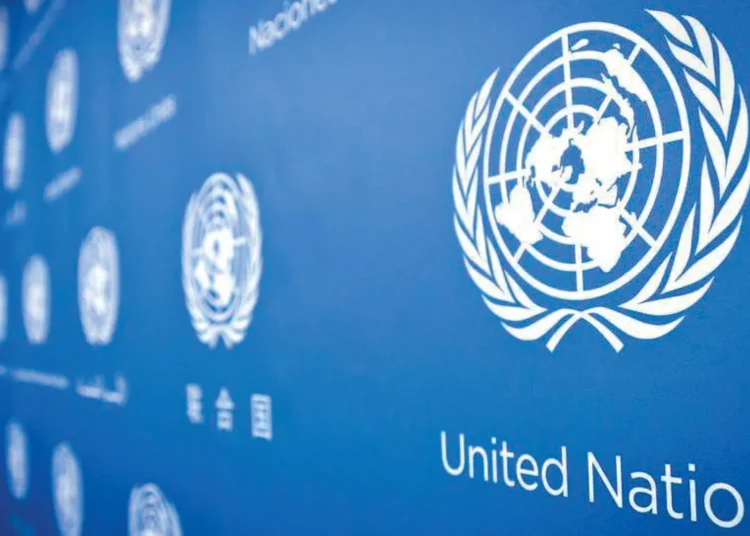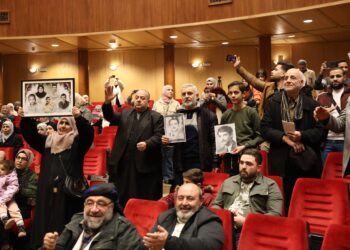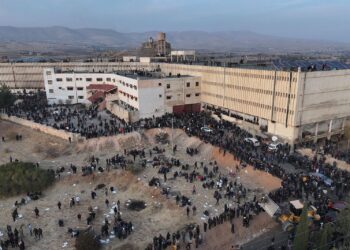“Sanctions of kinds imposed through every type of method are considered a means to help attain political, legal, and humanitarian accountability, seeking to achieve a variety of objectives.
Nations have resorted to sanctions for centuries, whether as individual states or as coalitions of states, with the subject of this paper being the sanctions imposed by the United Nations, after the United Nations’ Charter first emerged in 1945[1], classifying sanctions in a legal form.
Non-military sanctions were first legalized by article 41[2] of the UN Charter, and military sanctions by article 42[3], following the Security Council’s decision in accordance with article 39[4], which states that the Security Council “shall determine the existence of any threat to the peace, breach of the peace, or act of aggression and shall make recommendations, or decide what measures shall be taken in accordance with Articles 41 and 42, to maintain or restore international peace and security.” This means the Security Council –according to International Law- can impose sanctions on any state where the aforementioned elements apply; usually the party imposing the sanctions is referred to as “the sender”, while the party on whom the sanctions are imposed is referred to “the target”.
First, we must acknowledge that imposing sanctions is firstly a political decision taken in a legal manner, meaning that in this context the two concepts are largely intertwined. For example, if economic sanctions are imposed, the three concepts – political, economic, and legal considerations – are intertwined. This being the case, it is difficult to isolate these elements when carrying out any analysis.
This paper attempts to resolve the issue of which the United Nations when imposing any form of sanctions in order to achieve honorable goals such as should follow criteria; ensuring states’ commitment to human rights or protecting international peace and security. Through adopting an analytical approach by studying and analyzing most of the legal rules that will be presented and discussed, I have studied the Syrian conflict since 2011 until now as a factual case study.”






